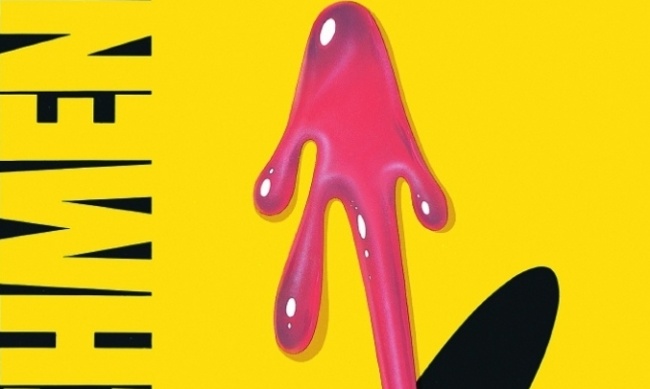Although Watchmen writer Alan Moore had already let his feelings about new books based on his creation be known over the years, he didn’t hold back when asked by the New York Times what he thought of DC’s plan for a group of prequel miniseries (see “DC Announces ‘Watchmen’ Prequel”). “Completely shameless,” he said, according to the report. “I tend to take this latest development as a kind of eager confirmation that they are still apparently dependent on ideas that I had 25 years ago.”
Moore also showed the regard in which he holds his magnum opus when he said, “As far as I know, there weren’t that many prequels or sequels to Moby Dick.”
The path to this point, where the writer of this work is estranged to such a significant degree from its publisher, has had many twists and turns, but the beginning of the story is clear: Moore and Gibbons were expecting to get the rights to Watchmen back after DC published it. On a panel at UKCAC in 1986, transcribed by The Comics Journal for its print edition, posted on blogs, and collected by Comics Alliance, Moore and Gibbons talked about the terms of their contract. They said that after DC had let the material lapse out of print for a year, the rights would revert to the creators. Of course, that never happened, as Watchmen went through innumerable printings of the trade paperback (and other editions).
At the time the original series was published, the idea of collecting comic issues into longer-lived book editions was just forming; Watchmen helped prove the model that transformed the business of selling comic material over the last 20 years. It was not something Moore and Gibbons expected to happen, and it kept the rights at DC from the time of the original issues to the present day and DC’s announcement of the Watchmen prequel series.



